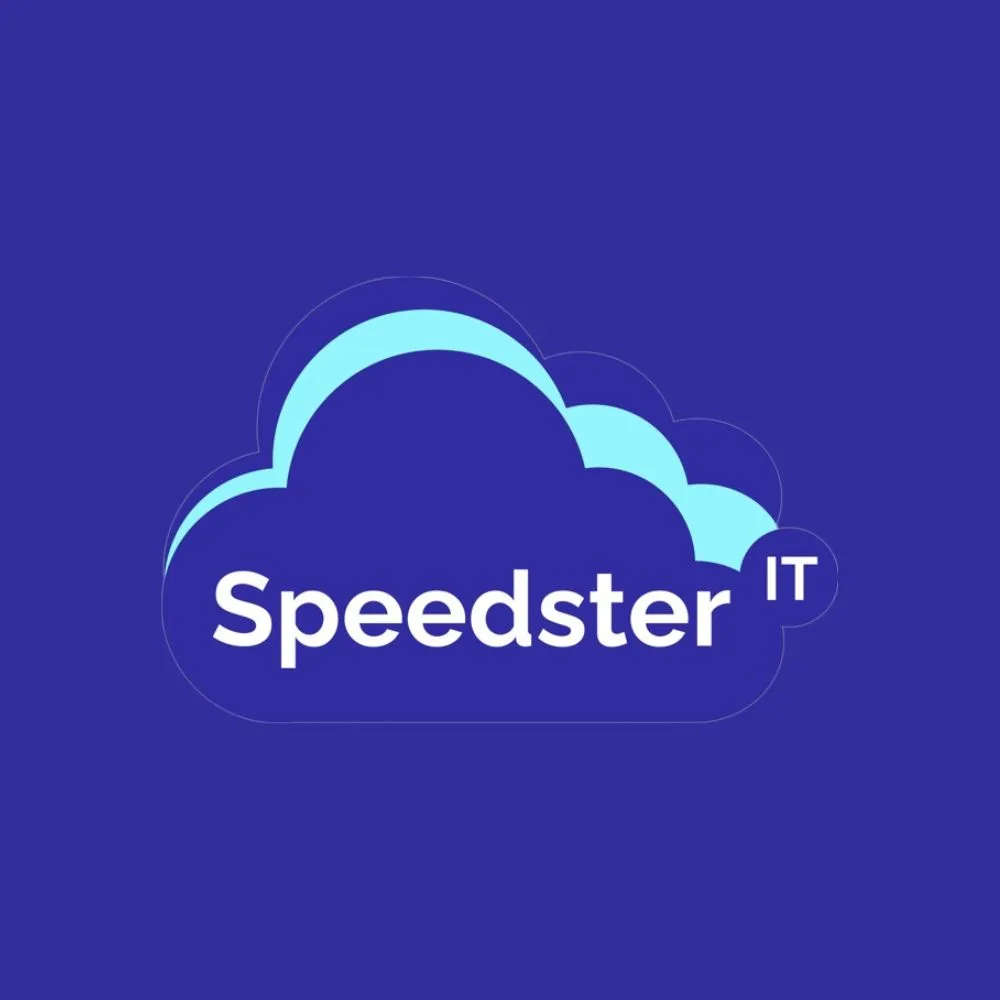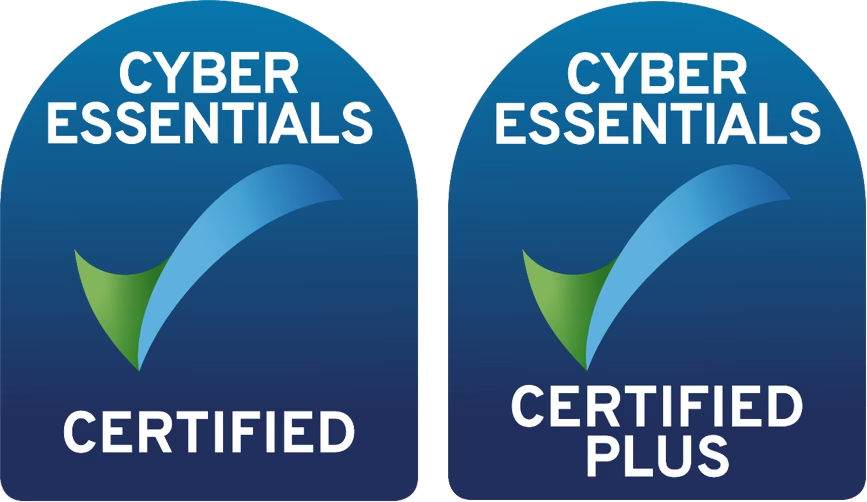You’ve probably heard about the Colonial Pipeline breach that resulted in fuel shortages across the East Coast in the United States.
According to this article by Bloomberg, hackers accessed networks belonging to the Colonial Pipeline Company through a VPN account. “The account’s password has since been discovered inside a batch of leaked passwords on the dark web,” said Charles Carmakal of cyber security firm Mandiant. “That means a Colonial employee may have used the same password on another account that was previously hacked.” Password leaks are more common than you might like to think. And security breaches like this don’t only affect large businesses and state agencies.
They can be just as detrimental to small and medium-sized businesses. It’s not enough to have a top-notch cyber security team (although that is a must). Even the best IT team in the world will be held back if your other employees are practising bad security habits. To maintain the safety of your business and customers, your entire staff must be helping improve your IT security. This article will tell you how to do that.
Below are eight helpful tips for making the most of your cyber security.

Educate Your Staff About Cyber Threats
An ounce of prevention is worth a pound of cure, and often the best way to prevent something is to learn about it. Your employees don’t have to become cyber security experts to protect themselves and your business. But by learning a little digital hygiene, they will be well equipped to avoid mistakes that cause data breaches.
Good digital hygiene usually comes down to protecting information online: keeping your passwords secret, ignoring spammy emails, and encrypting data whenever possible. It also extends into the real world, with smart practices like shredding unneeded documents and avoiding talking about business or clients outside of work.
The best thing you can do for your staff is to teach them how hackers end up with sensitive information in the first place. Using weak passwords, being careless with important documents, and leaving work computers logged in can all result in costly data breaches.
Use the Right IT Security Tools
Your security software is your first line of defence against hackers. So before you do anything else to improve your company’s IT security, make sure everyone has the latest and best antivirus and anti-malware software installed on their computers.
Remember that mobile devices are considered computers, too. Hackers have become quite adept at using any digital device to collect information.
Identify and Protect Sensitive Data
Before you can effectively protect your data, you need to know what it is you have to protect. Not all information is sensitive or meaningful, and you probably don’t have sensitive data on every single device in your company.
To take your cyber security to the next level, identify where sensitive data is stored, and prioritize protecting those places.
Conduct Regular Risk Assessments
To improve anything, you need to know where you are now. Conducting a cyber security risk assessment will tell you where the weak spots are in your company’s infrastructure. Then, you’ll be able to correct problems as you find them.
You should consider hiring a security agency to run a risk assessment for you. It’s usually easier for experts to recognize problems because they work on that sort of thing all the time.

Use Multi-Factor Authentication
One of the most important things you can have your employees do is use multi-factor authentication, or MFA.
Multi-factor authentication is a sign-in process that requires users to verify their identity and approval for accessing information in multiple ways. Two-factor authentication is fairly common among consumers, where a person will sign in with their email address and then enter a code texted to their phone number. MFA takes it a step farther with three or more forms of authentication.
MFA is important because it makes it far more difficult for rogue users to access accounts they aren’t approved for. It’s a lot easier to steal someone’s email address and password than it is to steal their phone. So, when a user has to enter a text code to log in, as well as using their email address and password, it helps ensure that only approved users get access.
If you aren’t already using MFA throughout your business, this should be one of the first steps you implement.
Look Out for Insider Threats
You would like to assume that all of your employees are trustworthy. Sadly, that simply isn’t the case all the time. To avoid cyber threats, you must keep a careful eye on everyone who comes into your business, including staff, and use a system of accountability for employees.
Prioritize Your Cyber Security Staff
If you have a dedicated cyber security team, keep in mind that they’re guarding your business against outside threats. Besides treating them with respect, you must make sure they always have the best tools and resources they need to do their job well.
Outsource IT Security to an Agency That Knows What It’s Doing
Of course, having your own security team is less important if you can outsource IT work to an outside agency. In fact, outsourcing your IT department can come with many benefits.
IT service agencies only hire real-world experts to work for their clients, so you can be sure they know what they’re doing. For a small or medium-sized business, outsourcing IT can also save you money.
Get Help Improving IT Security Today
From phishing scams to viruses, improving IT security isn’t something to be taken lightly. Thankfully, with this information, you can equip your entire staff to keep your business safe.
If your business doesn’t have skilled IT experts, you’ll still be at risk, no matter what precautions you and your staff take.
Fortunately, Speedster IT can provide all of your IT and cyber security needs so you don’t have to think about it. Contact us now to find out how we can improve your IT security.
[forminator_form id=”9284″]

With over 15 years at Speedster IT, I’ve built a career around helping businesses navigate the evolving world of technology. I publish all the content for the IT Support London Blog and Cyber Security Blog, where I share practical insights on infrastructure upgrades, cybersecurity trends, and smart IT strategies for growing companies.
